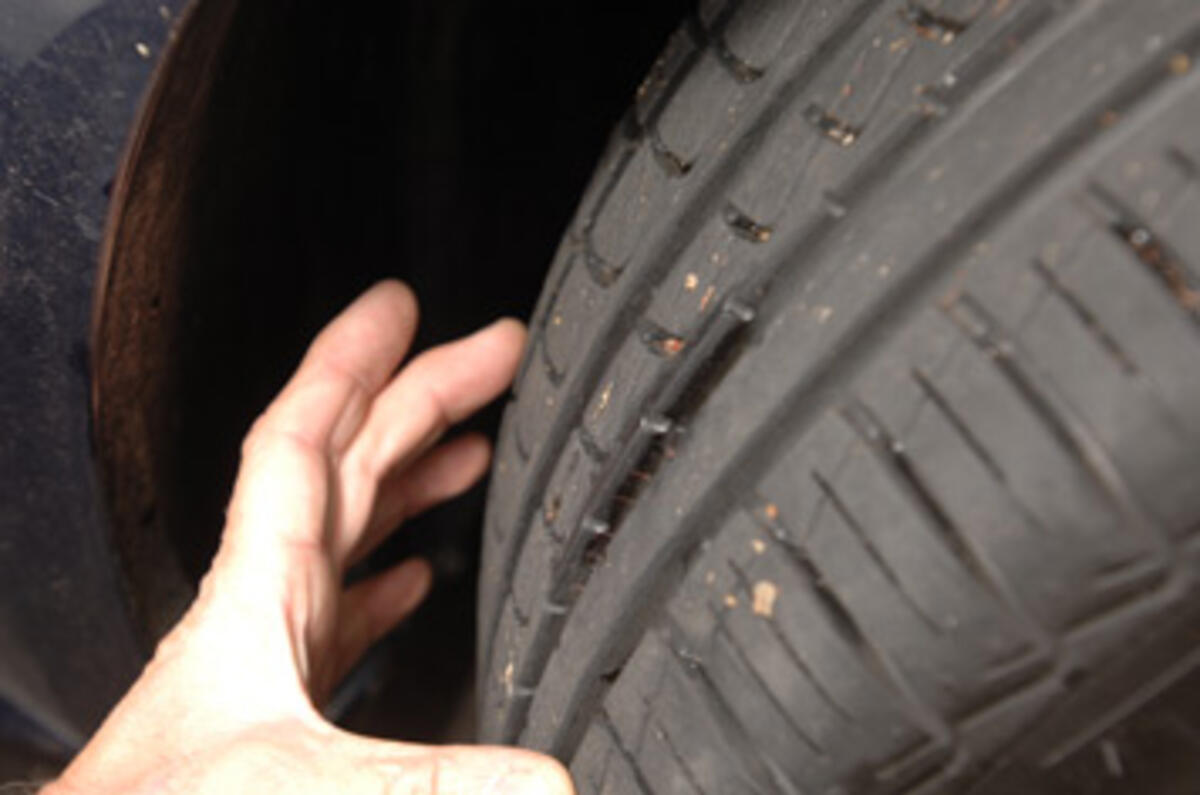MOT failure figures released by the Department for Transport earlier this year contained numerous errors, the organisation has admitted.
Contacted by Autocar after analysis showed that some of the percentage failure rates didn't tally with the published number of MOT tests and failures for some car models, a DfT spokesman admitted, "There are quite a lot of anomalies in the figures.
"These are the result, chiefly, of human error," said a spokesman. "We relied on MOT garages inputting the data manually into the system, and it's clear when you look through that not all the figures are correct."
The errors include figures for several Renault models, which came in for particular criticism following a report on the figures by the BBC.
Now the DfT has vowed to check its figures more carefully, and publish them regularly to provide consumers with reliable information.
"We plan to release the information more regularly, and in a format people will understand," said the spokesman.
In addition to admitting anomalies in the data, the DfT has published a technical note to explain how it reached its figures.
Included in these notes are explanations that the data doesn't differentiate between cars and vans in, for instance, the case of the Ford Escort. Results for some vehicles are also assimilated, for instance in the case of Vauxhalls and Opels, and Daewoos and Chevrolets.
In reaction, a Renault spokesman said: "We welcome the information being produced correctly in an easier format for people to understand."
Click here to download the VOSA data





Join the debate
Add your comment
Re: MOT failure data 'wrong'
Speaking as someone who does MI for a living, it's really easy to rush out figures when there's pressure on. Trouble is, if you haven't the time for adequate checks then there will be mistakes.
This is especially true if the data is coming from people who can (and do) say that their job is not doing reports - in this case their job is doing MOT's. Arguably accurately recording the details is part of that, but in my experience, there's no telling people. You also have to make sure you have a complete set of data, or the percentages will be wildly inaccurate. Granted in this case, you don't know what cars were MOT'd, even so you have to make sure your sources are complete.
So you have to make sure that there aren't anomalies, or if they can't be eliminated, issue a caveat that the data is probably junk - in other words, "the data quality is very poor, but you asked for it. Do what what you want with it, but any conclusions you make are your own fault". Then keep the e-mail where you told them that... I can imagine though with the Freedom of Information act, there's a no win scenario here. If you haven't got all the data and tell the requestor that, they're probably going to imagine you're hiding something, when the plain fact is you just haven't got the info.
Re: MOT failure data 'wrong'
Dozens and dozens of models missing.
My car which did have an MOT in 2007 is not listed at all.
I know of at least a few hundred other VW Karmann Ghia's in the UK and none of them existed in 2007 according to the data either.
Re: MOT failure data 'wrong'
Doesn't surprise me there were massive errors. I once went through 49,000 lines of data from one region (transport data, not MOT) and I pulled out 7,000 lines of inaccurate data - the problem being if you set filters you remove data, I managed to "save" most of the data by working out the input problem, which was all done to human error. My point is that it doesn't surprise me in the least that there are glaring errors due to garages inputting the data, but is the cost of employing people to deal with these errors worth it? When I was young and more liberal I was a fan of the Freedom of Information Act. Now I'm not so sure. The commission doesn't seem to be able to make its mind up consistently on intellectual property (climate data with-holding from individuals was illegal despite belonging to other organisations to the CRU/UEA, whereas other businesses and government sectors are allowed to blanket refuse). I wonder what the worth of releasing this data was? If they had decided to make a point from this data by sorting through it, properly analysing it and being able to lay out things like "failure rate compared to stated mileage and age, taking in to account poor maintenance of items such as bulbs, tyres etc) then there would have been some worth and everyone would be happy. As it was the FOI request has led to a whole load of unprocessed data that makes no-one look good.